Farm PPE
Table of Content
Farm PPE guide: what you ned to know
Farming is a high-risk job. Farmers deal with multiple heavy machinery and toxic substances which increases their risk of experiencing a workplace injury or illness. A large proportion of the injuries and deaths that occur in agriculture every year are preventable when safety requirements are met. If you want to prevent serious injuries, you need to make sure your workers are protected. For this reason, many states require employers to provide Personal Protective Equipment (PPE) such as coveralls, gloves, and helmets on the job site.
What are farm PPE?
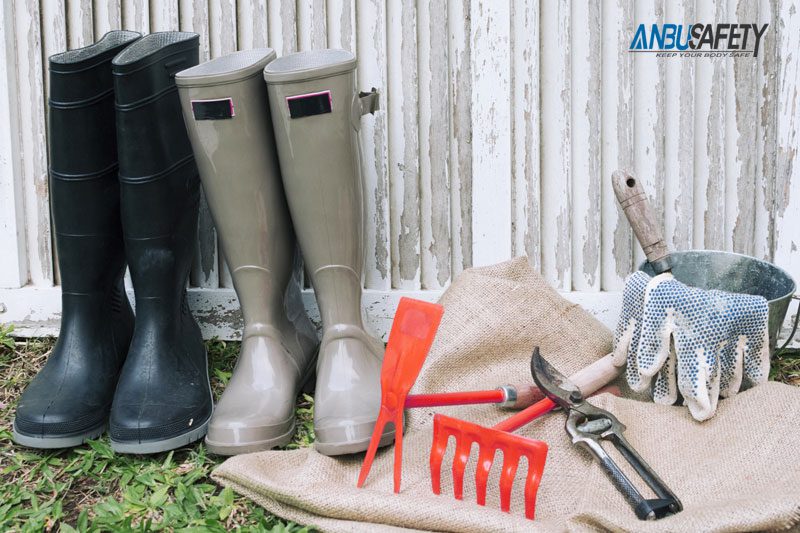
Farm PPE is the kind of personal protective equipment that’s worn by farmworkers. It’s also called farm equipment and it may include gloves, respirators, boots, hard hats, and even goggles. That’s right: goggles. You’ll need a pair of eyed protection if you’re working around valves, motors, or foundry equipment.
Having the right personal protective equipment (PPE) for your farm is important. You need to protect yourself and those around you. That’s why we’ve compiled a list of some of the best personal protection equipment available to help keep you and your workers safe.
What are the PPE used in farming?
PPE stands for Personal Protective Equipment, and it is an important part of any farm operation. While some work can be done without PPE due to its nature, there are other jobs where you will need to wear protective clothing, headgear or eyewear to ensure that you are safe from injuries or infections.
The most common types of PPE used on farms include:
- Safety boots – Heavy duty work boots are required for any job involving heavy lifting or moving items around a farm. It is important that the boots have steel toe caps and steel midsole guards to help protect your feet from injury in the event of a fall or accident.
- Gloves – These are worn when handling chemicals, cleaning equipment or working with livestock as they provide protection against cuts and burns by protecting hands from sharp objects such as animal hooves or broken glass bottles. Some gloves also come with cut resistant properties which offer protection against animal bites too.
- Face masks – Using face masks while working with livestock helps reduce the risk of contracting diseases such as TB and brucellosis which may be spread through contact with animals. A dust mask should be used when working around dusts such as silage waste while a face mask.
What PPE for farm workers?
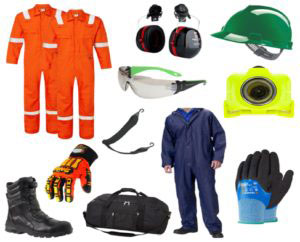
Farmers need to follow strict safety standards to protect themselves and others from diseases and injuries.
Personal protective equipment (PPE) is any clothing or equipment worn by farmers that protects them from hazards or risks in the workplace.
The purpose of PPE is to reduce exposure to hazards, such as chemicals, noise and heat stress. PPE also reduces the risk of workers’ injuries and illnesses.
The type of PPE required depends on the type of work being done and the hazards present in each area.
For example, if you’re using chemicals in your farm business, you must wear gloves, goggles and a respirator mask so that you don’t come into contact with them directly on your skin or eyes. If you’re working with machinery that generates heat, you must wear appropriate clothing to protect against burns from steam or hot oil while working with machinery that generates noise must wear ear protection devices (earmuffs).
Overalls protect your whole body from cuts and splinters as well as sunlight exposure. They also protect your clothing from dirt and stains when you’re working outside on a farm or ranch. Overalls come in both short-sleeved and long-sleeved versions depending on how hot it is outside when you’re working. Some farming jobs require wearing both long-sleeved versions of overalls and short-sleeved versions depending on how hot it is outside at different times during the day when doing certain kinds of tasks depending on what time it is.
Work boots are used for working on farms and ranches, especially in the fields or around livestock. They have steel toe caps and steel midsole guards to protect your feet from injury in the event of a fall or accident. Work boots should also be broken in before you wear them so that they fit well on your feet.
Safety glasses are essential when working with machinery that may generate heat, dust or chemicals as they offer protection against cuts and burns by protecting eyes from sharp objects such as animal hooves or broken glass bottles. Safety glasses can also help reduce eye strain when doing repetitive tasks for long hours at a time.
Respirators provide protection against inhaling hazardous materials (such as harmful fumes) which could cause illness and injury if inhaled into the lungs. Respirators come in either disposable respirator masks which must be disposed after each use or reusable types which can be washed between jobs to prevent mildew build-up while still offering protection against airborne particles.
The importance of PPE in agriculture
Personal Protective Equipment (PPE) is any equipment worn or used by a worker for protection against injury or disease. PPE includes items such as hard hats, hearing protection, safety glasses, steel-toed boots and gloves. PPE is designed to prevent workplace injuries and illnesses by protecting workers from hazards they may encounter while on the job.
In agriculture, PPE is especially important because the nature of the work exposes workers to various safety risks.
The following are some of the most common types of hazards that agricultural workers encounter:
- Exposure to harmful chemicals and pesticides – Agricultural workers often come into contact with fertilizers, pesticides and herbicides. These chemicals can cause irritation of the skin, eye damage and respiratory problems when not properly handled or used in accordance with manufacturer instructions. To protect against these dangers, agricultural workers should wear protective clothing such as long-sleeved shirts and long pants made from tightly woven fabrics to avoid skin exposure. They should also wear protective eyewear when mixing chemical solutions or applying them to plants or animals.
- Slips, trips and falls – Agricultural fields are often uneven terrain that can make walking difficult for even experienced farmers who are familiar with their surroundings. If you don’t know where you’re going or the surface is wet, you could easily slip and fall. Workers should wear sturdy shoes that are comfortable to stand on for long periods of time as well as footwear with steel toe caps and midsole guards that protect the feet from injury in case of a fall.
- Electrical hazards – Agricultural workers often come into contact with electrical equipment such as tractors, forklifts, sprinklers and other machines used in agriculture. These items can cause burns from hot oil if not properly handled or maintained by employees who don’t know how to operate them safely. To prevent injuries caused by these devices, agricultural workers should wear protective clothing such as full-length pants made from tight-weave fabrics to avoid skin exposure while using these devices. They should also ensure that their hair is tied back so it doesn’t get caught in moving parts while working around machinery and they should use safety glasses when operating welding equipment.
- Contact with heavy objects – Many farm tasks require lifting heavy objects such as hay , grain and other items. If you don’t know how to lift these objects safely, you could suffer a serious injury from falling or being struck by the object during your task. Agricultural workers should wear sturdy shoes that are comfortable to stand on for long periods of time as well as steel-toed boots made from tightly woven fabric to protect their feet in case of an accidental fall.
- Contact with machinery – Agricultural machines can be dangerous if not maintained properly which can result in injuries such as burns and broken bones when they are used improperly or without proper training. To avoid these risks, agricultural workers should ensure that they follow safe operating procedures and wear appropriate PPE while using farm equipment such as safety glasses, hardhats, earplugs and steel-toed boots to protect themselves against machine hazards.
As you can see, there is always a risk of injury in agriculture whether it’s due to animal hooves striking the ground at high speeds or machinery malfunctioning causing a workplace injury. The best way to avoid injury is by following proper safety procedures, wearing the appropriate PPE and being aware of the hazards you may encounter on the job.
How to choose the right PPE for farmers?
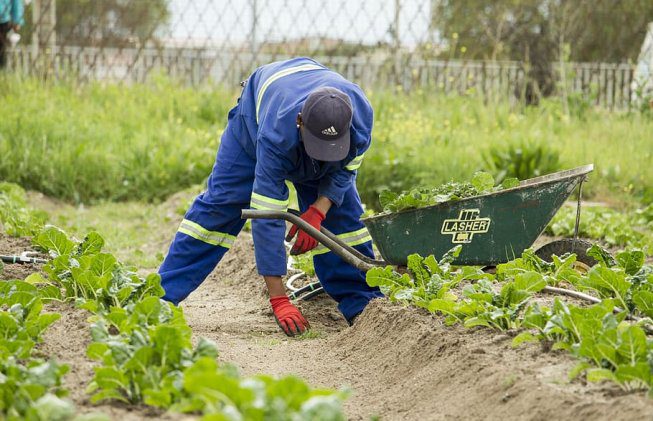
Farmers, especially those in the agricultural industry, need to wear the right protective equipment (PPE) at all times. This is because they are exposed to many different kinds of dangers on a daily basis. Whether it is working with livestock or planting crops, farmers are constantly exposed to hazardous situations that can cause injury or even death.
For this reason, farmers must always ensure that they are wearing appropriate PPE and using other safety measures when working with their animals or crops. Here are some tips on how to choose the right PPE for farmers:
- Always wear a hard hat. A hard hat protects your head from falling objects such as rocks or tree branches and prevents any injuries from occurring due to impact with these objects.
- Wear safety glasses or goggles to protect your eyes from harmful particles such as dust and debris while working outdoors in all weather conditions including heavy rain and wind storms.
- Wear long-sleeve shirts and pants as well as gloves whenever you work outdoors so that you can avoid getting cuts or scratches on your arms and legs while handling sharp tools like knives while performing different tasks such as chopping wood or pruning trees among others
- Wear gloves and work boots. work gloves should be worn at all times while working in the barnyard or field because they protect hands from cuts and abrasions. In addition, they help maintain grip on tools such as shovels and pitchforks, which are often slippery with animal waste or mud. Boots should be worn at all times when walking through muddy areas because they protect feet from injury caused by stepping on sharp objects like nails or pieces of metal wire/cables.
What PPE protects eyes of the farmers?
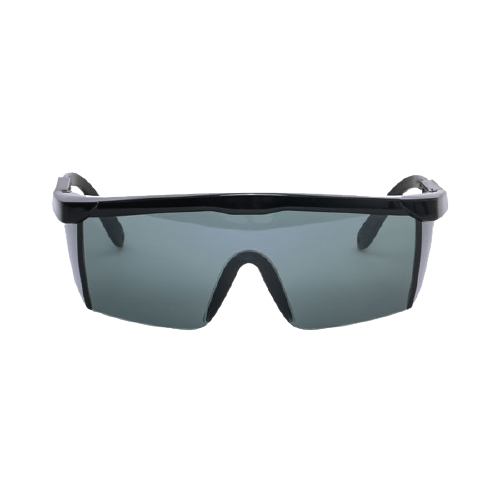
PPE (Personal Protective Equipment) protects the eyes of farmers from dust, chemicals, and other hazards.
Safety glasses, goggles, and face shields are all examples of PPE designed to protect your eyes. Each type offers different levels of protection depending on the task you’re doing.
The most basic form of eye protection is safety glasses. They offer some impact protection, but they don’t provide much other than that. You can get them with or without side shields or a band across the top to help keep debris out of your eyes.
Goggles are another type of eye protection that covers more of your face than safety glasses do. They have an elastic strap that goes around the back of your head so they stay in place no matter what you’re doing. Goggles can be combined with earplugs for more complete coverage against dust and debris.
What PPE protects foot of the farmers?
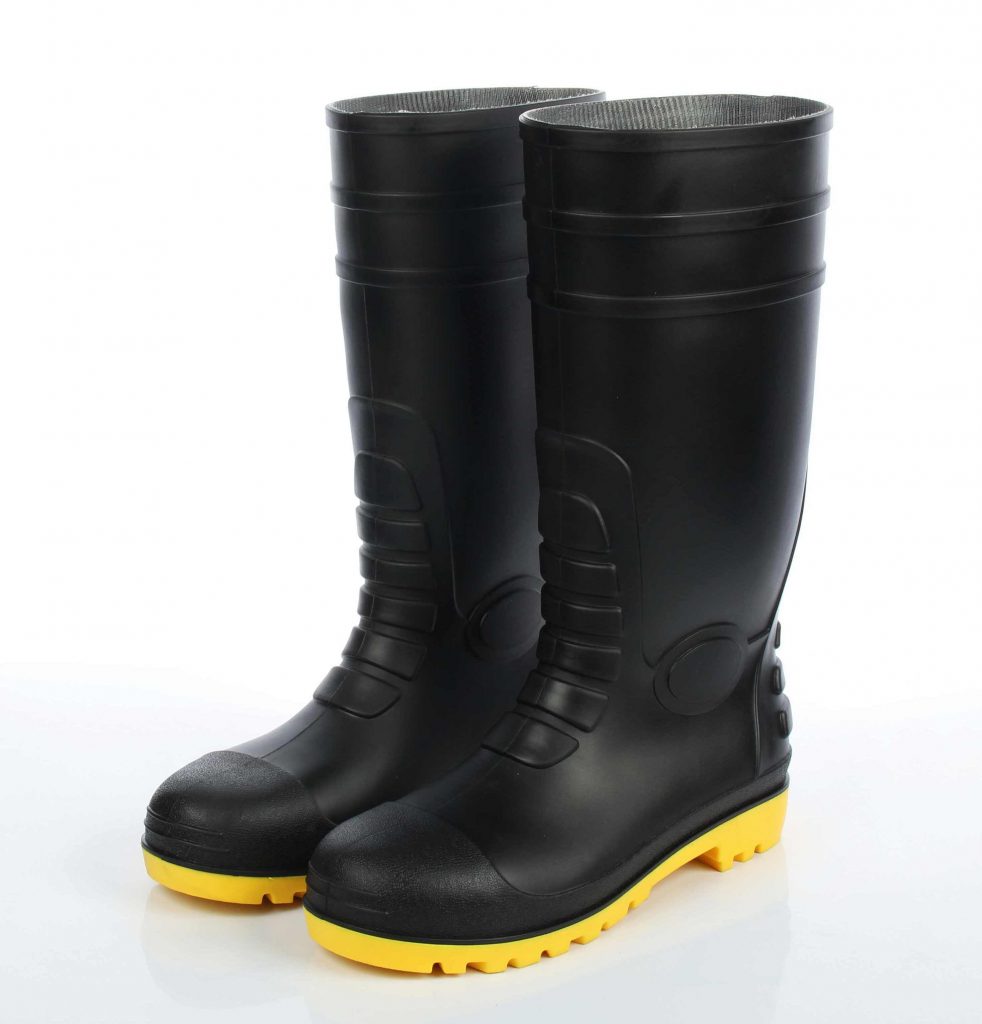
Farmer wearing PPE has been required in many industries for quite some time. In fact, OSHA has been enforcing standards requiring the use of PPE since the 1970s. The Occupational Safety and Health Act of 1970 requires employers to provide PPE for their workers if it’s necessary to protect their safety or health on the job.
Your work boots are designed to protect your feet from hazards like hot or sharp objects, chemicals and other dangers associated with your job site. They may also provide protection from electrical shock when working around live wires or machinery with exposed electrical components.
You might find yourself working in environments where there are chemical spills or other potential hazards that can lead to serious injury if they come into contact with human skin. Foot protection like steel toes keep your feet safe from cuts and punctures while you’re wearing them, but they don’t offer complete protection against all sources of danger at work sites. PPE is designed to protect you against the hazards that can come from your job site. It’s not a substitute for common sense, though. Always follow safety rules when performing tasks in your workplace just as you would at home or anywhere you’re working around hazardous materials.
What are some of the other PPE required by farmers?
It need to wear protective clothing for farm workers including goggles, long-sleeve shirts and pants, hard hats with face shields, gloves and work boots when working outdoors in all weather conditions including heavy rain or windstorms. PPE for agriculture farmer should also wear a hard hat with a face shield, long-sleeve shirt and pants, work boots and gloves when working outdoors in all weather conditions including heavy rain or windstorms.
Where to buy farmer personal protective equipment?
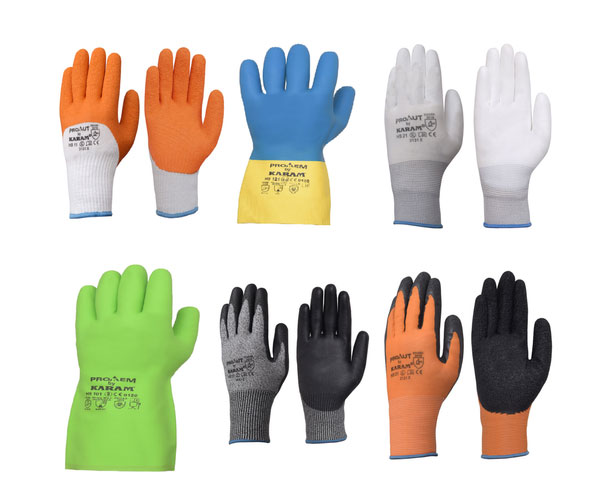
Where do I buy farmer personal protective equipment? A question that you may have asked yourself at one point in time. But, where can you buy farmer personal protective equipment? You may be surprised at how easy it is to find the perfect farmer’s hat, or a pair of gloves. If you are wondering where to buy farmer personal protective equipment, you have come to the right place!
Here are some places that you can find all kinds of different types of clothing for farmers:
- Farmers Warehouse – This store carries everything from boots to aprons and everything in between. They have a huge selection of products for both men and women. They also offer free shipping on orders over $50 so if you spend enough money, then shipping won’t cost anything at all!
- Amazon – Amazon has just about everything that you could ever want or need when it comes to buying clothing for farmers. They carry everything from jeans and t-shirts to raincoats and overalls. You can even get work boots here too if that is what you need most! Amazon offers free shipping on orders over $35 so if you spend enough money then shipping won’t cost anything at all!
How to find farm PPE suppliers?
Farm PPE is an important part of the farming industry, so it’s no surprise that there are several options for purchasing it. If you want to purchase farm PPE online or in stores, the following tips can help you make a good choice.
Do some research online
If you want to buy farm PPE online, there are many websites that offer this service. When choosing an online store, make sure it has good reviews and a wide selection of products. You can also look for information about shipping costs and other restrictions on the website before making a purchase.
Look at prices carefully
When looking for a supplier of farm PPE, it’s important to compare prices carefully and make sure you get the best deal possible. A good way to do this is by comparing different stores’ prices for each product before making a purchase – this will help ensure that you don’t end up paying more than necessary for your equipment.
Visit local stores
If you prefer buying your equipment from local stores instead of online retailers, there are plenty of options available near you too! Check out local hardware stores or retail chains like Home Depot or Lowes for examples of local retailers who sell.
Conclusion:
There’s a lot to know about farm PPE, but what it all boils down to is if you are farming or working with animals of any kind, there are several precautions that you need to take. That protection may mean the difference between life and death if an accident were to occur.
Hazards are everywhere on the farm, and ensuring that you have the correct agricultural Personal Protective Equipment (PPE) to deal with them is an essential part of protecting your health and staying safe. Following these guidelines will put you on the right path for farm PPE.
tags: protective clothing for farming, agriculture ppe in farming, ppe for agriculture

